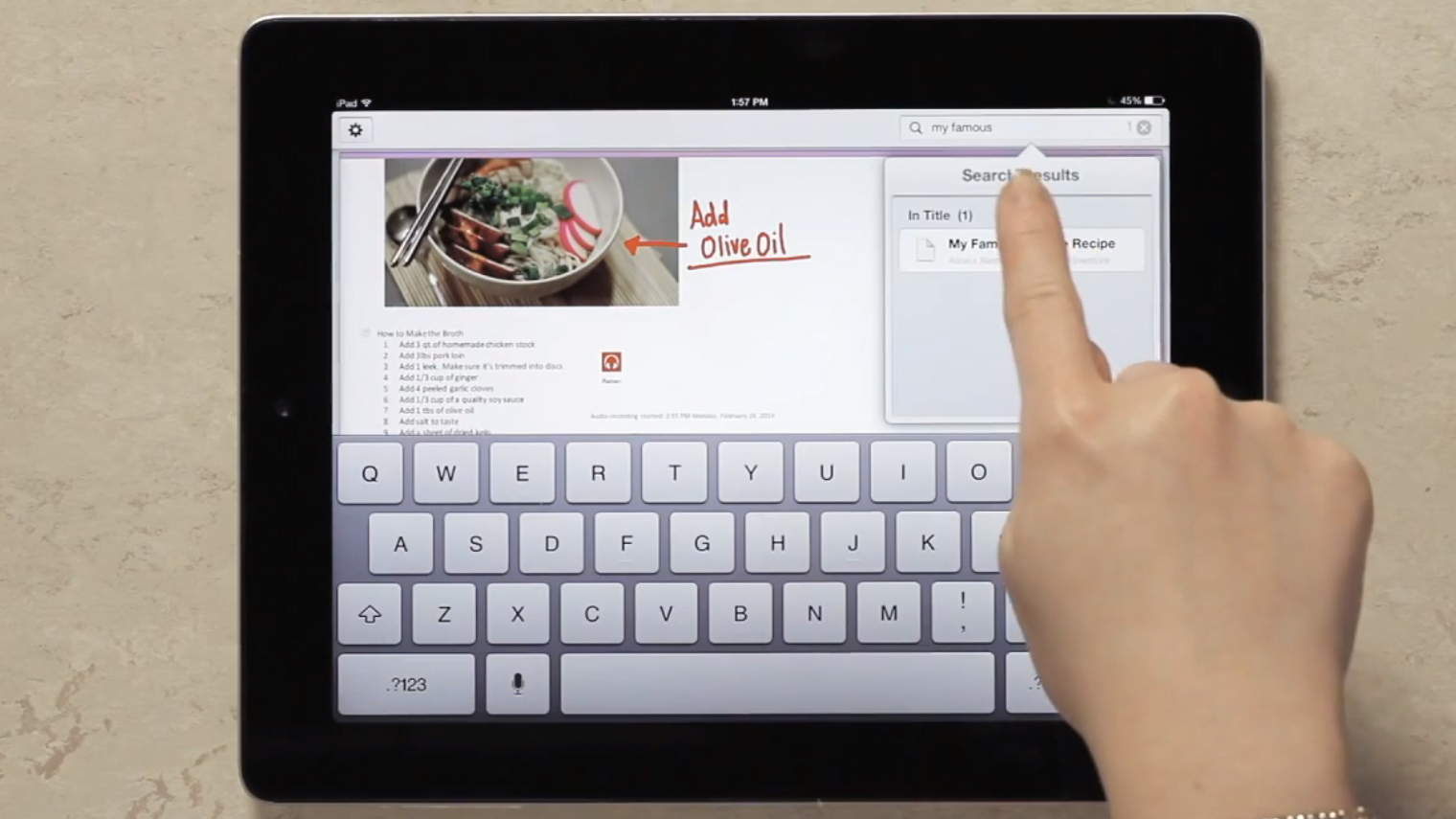Microsoft Office on iPad: too little, too late?
The Office is soon to be open for iPad users

Well, it's happening: Microsoft is bringing elements of its Office suite, including Word, Excel and PowerPoint, to iPad in a bid to win over the ever expanding tablet user base, which has largely been neglected by Redmond.
Aside from its Office suites on the Surface 2 and Surface Pro 2, which operate predominately within the 'Desktop' mode of Windows 8 rather than being bespoke apps design for tablets, Microsoft has done very little to appease iPads users. It did hint repeatedly that Office would "one day" be coming to iOS, but never actually delivered a final version, until now.
Whether Office on iPad is a success or not remains to be seen, but will rely heavily on the way Microsoft chooses to implement the app(s). We can't know the implementation that Microsoft will choose to use for Office on iPad, but we know the options.
One option is to use Office 365, Microsoft's subscription service for Office. Microsoft's Surface devices require Office 365 to run the Office suite hinting at the path Microsoft may choose to take for Office on iPad.
For £79.99 (US$99.99, AU$119) a year, or £7.99 (US$9.99, AU$12) a month, Microsoft 365 gives you OneDrive (née SkyDrive) storage, international Skype minutes, all of the Office suite and syncing between devices.
It would stand to reason that the iPad version would require this to work, but is it necessarily the best way for Microsoft to go about it?
The answer to that question is likely no. Microsoft will know this because the iPad is still not seen as a "creation" device, mainly due to the lack of keyboard.
Are you a pro? Subscribe to our newsletter
Sign up to the TechRadar Pro newsletter to get all the top news, opinion, features and guidance your business needs to succeed!
Ways to pay
Many users will balk at having to pay a monthly fee in order to use a programme they will most likely use infrequently. It will be used to edit a few documents they have been sent via email or to change a document while travelling without a laptop. Of course some users will sign up, but not as many as Microsoft would want considering the effort that has gone into porting Office to iOS.
A far better alternative would be the more Apple-esque route of charging a small fee per app (Word, Excel and PowerPoint) and offering an in-app purchase of Office 365 if the customer wishes to sync documents seamlessly across devices.
While this would mean sending 30% of all sales to Apple, the consumer would receive a more cohesive experience that would rival Apple's own productivity suite. According to data from App Annie, Pages, the Apple equivalent of Word, has been in the top 40 apps all time, despite charging £6.99 (US $9.99, AU$10.49) up until September 2013. Microsoft will likely want to replicate this success to make their foray into iOS worthwhile.
According to a tweet sent to MacRumors Microsoft could choose to bundle the suite into a single app, allowing users limited functionality but offering the app for free.
This strategy lends itself to the casual user who wishes to edit very simple files, but falls far short of beating Apple's offerings on the platform which are also free, offer near-desktop levels of editing ability and can export to both Microsoft and Apple's productivity suites. Users may download the app on a whim but decide that Apple's apps are superior in both value and function.
Whatever Microsoft chooses to announce at its event later this month will be compared directly to Apple's iWork suite by both technology critics and the general public, a fact Microsoft should be wary of.
Before September 2013 Apple's offerings came at the cost of £21 (about US$30, AU$32) for all three available apps, a bar too high for many. Now, however, the apps are free, meaning that anyone can download and compare them to Microsoft's offerings and users could well decide that Microsoft has delivered too little too late.
Max Slater-Robins has been writing about technology for nearly a decade at various outlets, covering the rise of the technology giants, trends in enterprise and SaaS companies, and much more besides. Originally from Suffolk, he currently lives in London and likes a good night out and walks in the countryside.